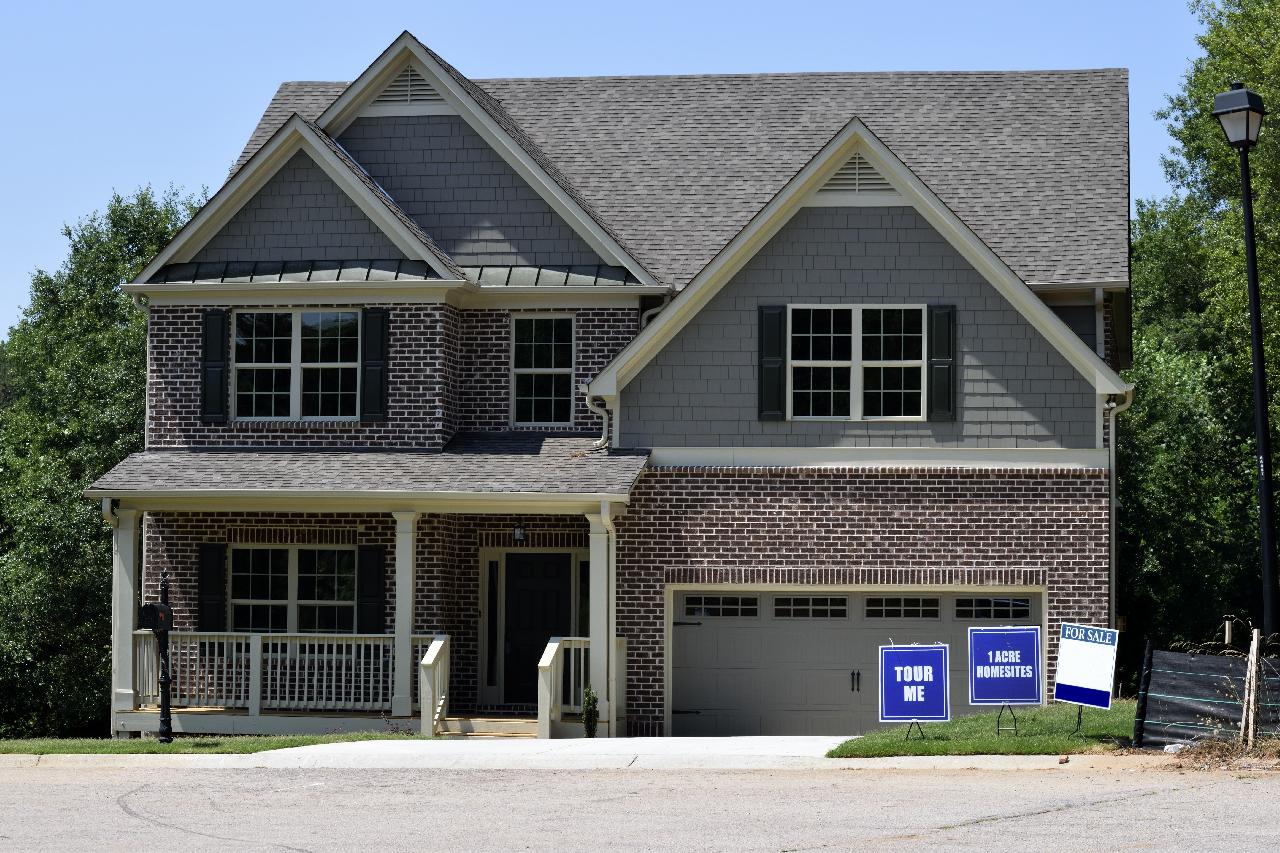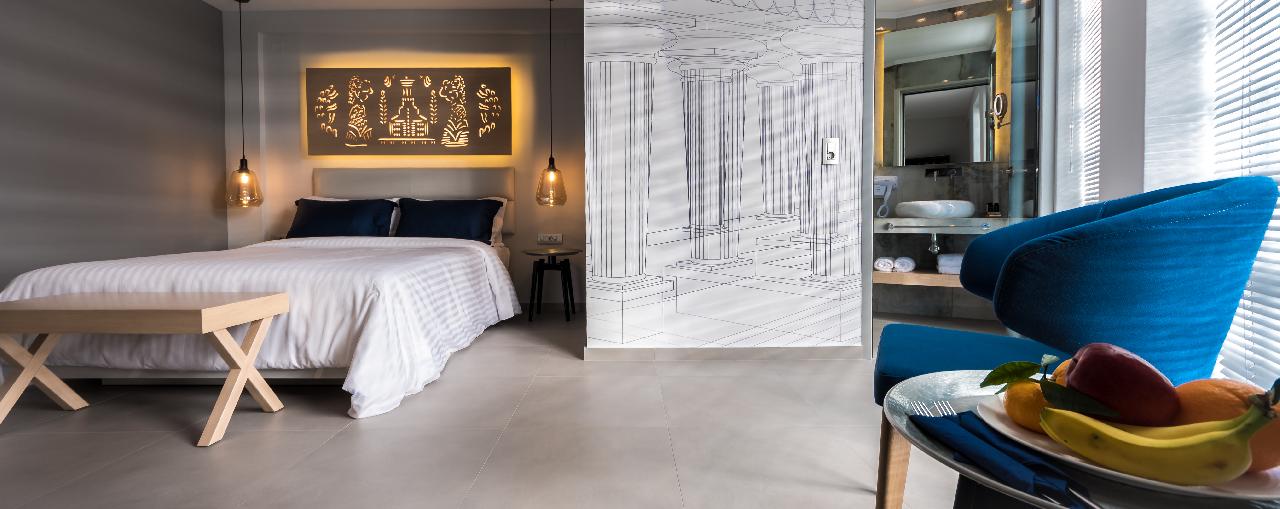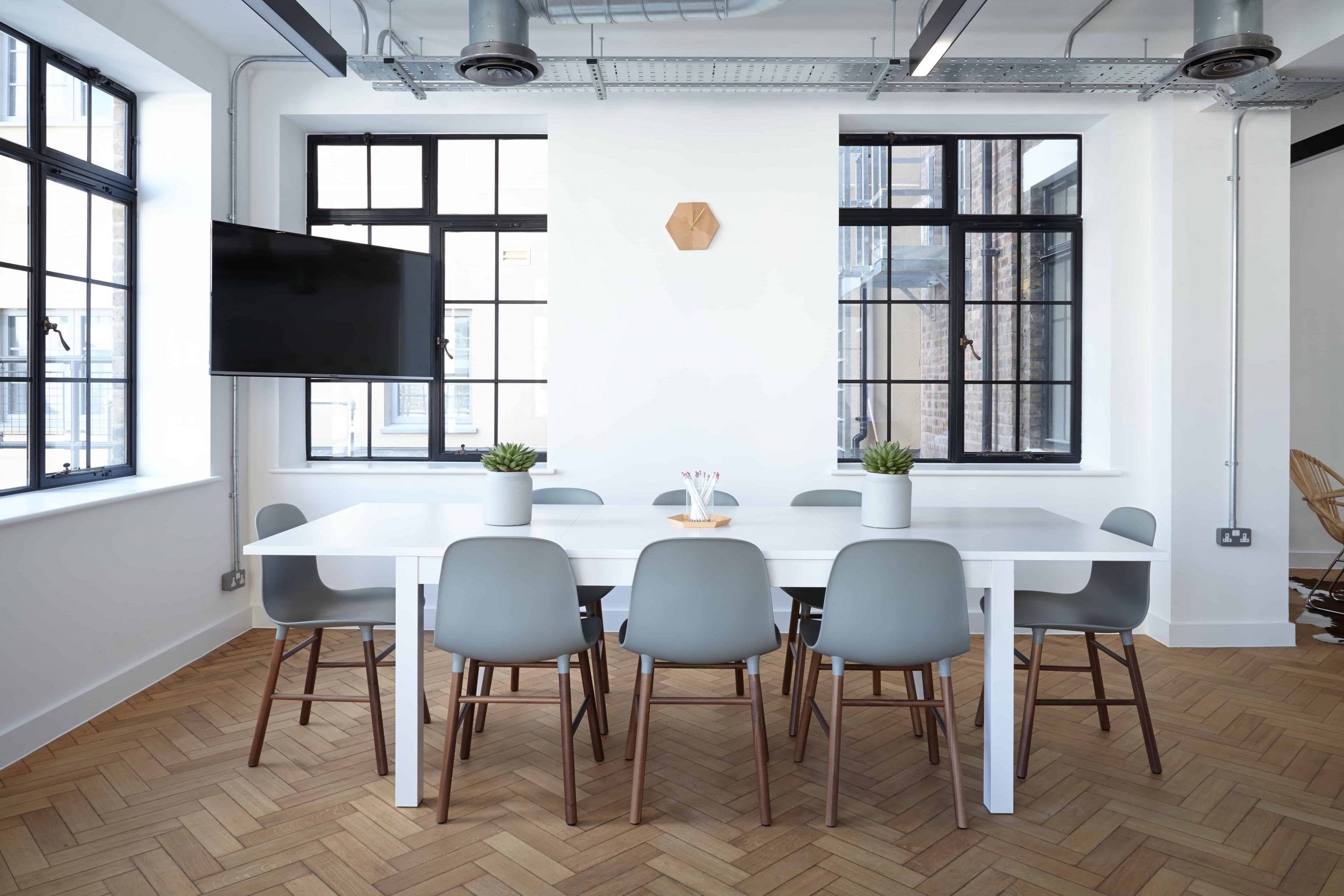The Short Answer: Context Helps You Decide
So you’re considering whether you should rent an apartment, rent a room in a house, buy a tiny home, or buy a traditional residence. Renting or buying: which is best? Well, the context of your situation is going to be one of the most important deciding factors. For example, if you’re attending college in a town where you don’t plan on living, maybe don’t buy a house.
That said, if you have the resources, and you buy right, then you can sell your house for increased equity owing to inflation and property value increase during your length of stay in school. However, buying a house and selling a house takes time. Expect about ninety days in acquisition or sale. Do you have six months to spare? And can you qualify for a home loan?
Context is key when determining whether buying or renting is best. With that in mind, following we’ll briefly explore three items that can help you determine what sort of context defines your present situation.
1. Do You Know How Long You’ll Stick Around?
If you’re not sure whether you’re going to live in a given town, it’s a lot smarter to rent than to buy. Keep in mind, rental leases tend to last six months to a year. That said, you can find monthly rental solutions. For example, if you don’t mind staying in a funky hotel, you could rent a room for a month at a time. During that time, you can learn the “feel” of the city.
If you’re planning on sticking around longer than a decade, it’s smarter to buy than to rent. Buying doesn’t necessarily mean outright ownership. Generally, it means putting a downpayment down on a property and paying a monthly mortgage. If you can keep that up over a decade, then sell, even if $100k+ is left on your property, you’ll profit.
How? Well, if you put $10k down and paid $1k a month for ten years, you’re looking at $130k in equity. If the property were worth $230k, and you sold it at that sum, then the bank would get the balance you had yet to pay, and you’d keep the rest. So you’d come away with $120k to $130k, depending on realtor commission fees, interest, and taxes.
The thing to consider is that the government will want a chunk of that money, so if you do sell after buying like this, be sure you’ve got another property to roll the money into for a 1031 Exchange.
2. Owning Can Help You Build Necessary Equity
If you’re not planning to move, then you may want to buy simply for the purpose of building equity. Rental allows no equity; basically, if you don’t get your deposit back, every dollar you spend on rent is a dollar that you lose. With ownership, all the money you spend is going back into your pocket in the long run.
3. Renting Can Help You Get A Feel For Diverse Neighborhoods
Something else you may want to think about is exploring neighborhoods intimately. Maybe you rent on the north side of town for six months, then the south side, then the east side, then the west side. Of course, that’s a lot of moving around!
You can check the UMoveFree site if you are currently looking for apartments in Texas, and if you need more information on moving discounts, rebates, and even free move.
Determining Which Option To Pursue In Terms Of Residence
If you’re planning to build equity, owning is better than renting. If you’re looking to get a feel for diverse neighborhoods locally, it’s better to rent. If you know you’re going to stick around for a while, ownership makes sense. If you know you’re not going to be in a given place long, it can be better to rent; though there’s an equity-building argument to consider.
At the end of the day, the context of the situation you’re considering will be the most prominent deciding factor in whether you should rent or own a given property.
Discover more from Futurist Architecture
Subscribe to get the latest posts sent to your email.



